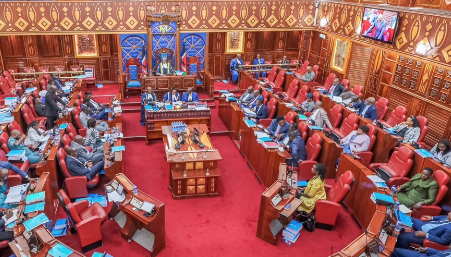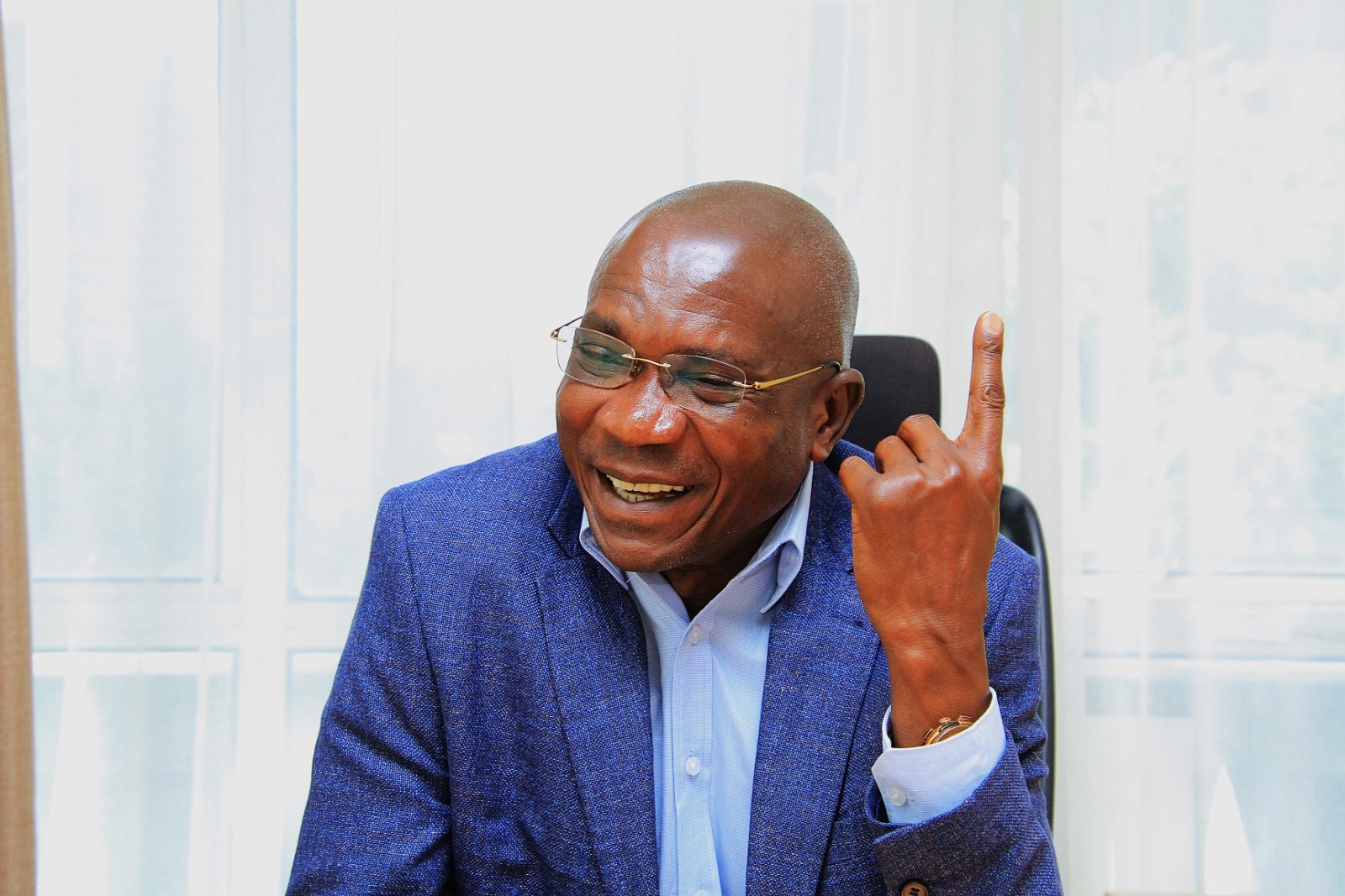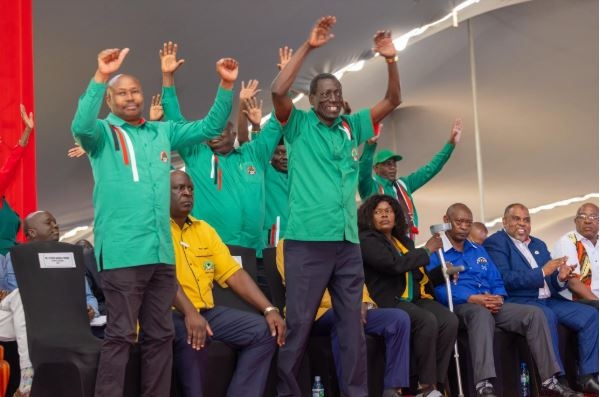

The death of Albert Ojwang’, a teacher and prominent social
media voice, galvanised a rare bipartisan outrage in Parliament.
In a week of heightened scrutiny, both chambers—the Senate and the National Assembly—demanded answers on how a man arrested in broad daylight ended up dead hours later in police custody, with his body bearing signs of trauma.
High-ranking security officials were summoned to explain themselves before lawmakers.
Cabinet Secretary for Interior Kipchumba Murkomen appeared before the Senate plenary, joined by Inspector General of Police Douglas Kanja, IPOA Deputy Chairperson Ann Wanjiku Mwangi, National Police Service Commission Vice Chairperson Edwin Kiprono Cheluget, and DCI Director Mohammed Amin.
They responded to a statement sought by Migori Senator Eddy Oketch, who underscored the case's gravity.
“Ojwang’s death has triggered widespread grief and public outrage,” Oketch said.
“The circumstances of his death point to abuse, and this House must demand the truth.”
While Murkomen expressed “deep sorrow” and offered condolences to the Ojwang family, his testimony underscored a persistent challenge in Kenya’s policing system.
He emphasised that the Ministry of Interior merely provides policy oversight and that investigative power rests solely with the Inspector General and IPOA.
In the National Assembly, Speaker Moses Wetang’ula called the case “by all means a very serious matter,” directing the Administration and Internal Security Committee to table a preliminary report.
Nyando MP Jared Okello and others pressed for transparency, questioning whether the state was truly committed to justice or merely performing damage control.
A report from Mbagathi Hospital to the National Assembly’s Departmental Committee on Administration and Internal Security said Ojwang was already dead when brought in by police officers at 2:00 a.m. on June 8.
Nurses and the attending doctor confirmed he was a “corpse brought in dead.”
It not only contradicts police statements that he was “found unresponsive” and rushed for treatment, but also points to a cover-up attempt.
The Independent Policing Oversight Authority has also revealed that CCTV footage at Central Police Station had been tampered with mere hours after Ojwang’s body was moved.
Ojwang' was arrested in Homa Bay on June 7, transported to Nairobi, booked at Central Police Station at 9:31 p.m., and by 2:00 a.m. the next day, he was dead—with the hospital confirming no attempt was made to save his life because he had likely died hours earlier.
IPOA told the National Assembly that it is investigating 18 cases of deaths in police custody since February 2025.
In its report, IPOA outlined several strategies already in place or under development to prevent further deaths in custody and to protect the rights of detainees.
These include regular and impromptu inspections of police stations and detention facilities to assess the conditions of custody and ensure compliance with human rights standards.
“Arising from the investigations, inspections and monitoring operations, IPOA makes policy and operational recommendations for police reforms to strengthen accountability and protect suspects,” the report noted.
The authority also emphasised its commitment to impartial investigations and the prosecution of cases where misconduct or abuse is established. IPOA said it supports legal action based on findings from its inquiries, working closely with the Office of the Director of Public Prosecutions (ODPP).
To further reinforce safeguards, IPOA collaborates with the National Police Service to integrate human rights education into police training.
These efforts include lectures and modules at police colleges focusing on lawful arrest procedures and the care of individuals in custody.
“IPOA is committed to a long-term culture of accountability within the police service. The curriculum partly comprises human rights, lawful arrest, and care of those in police custody,” the report stated.

















